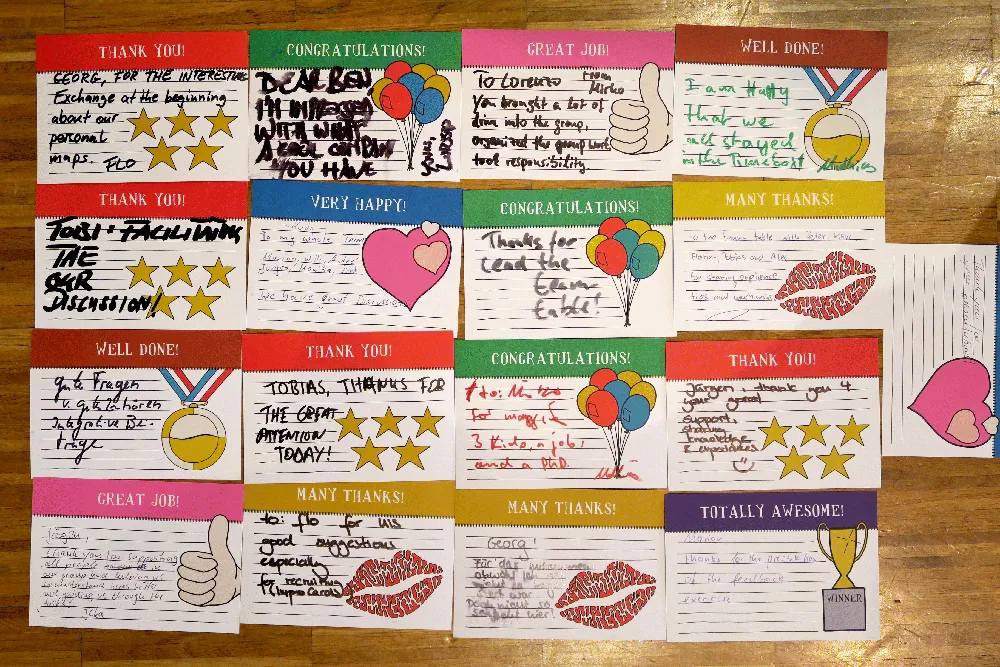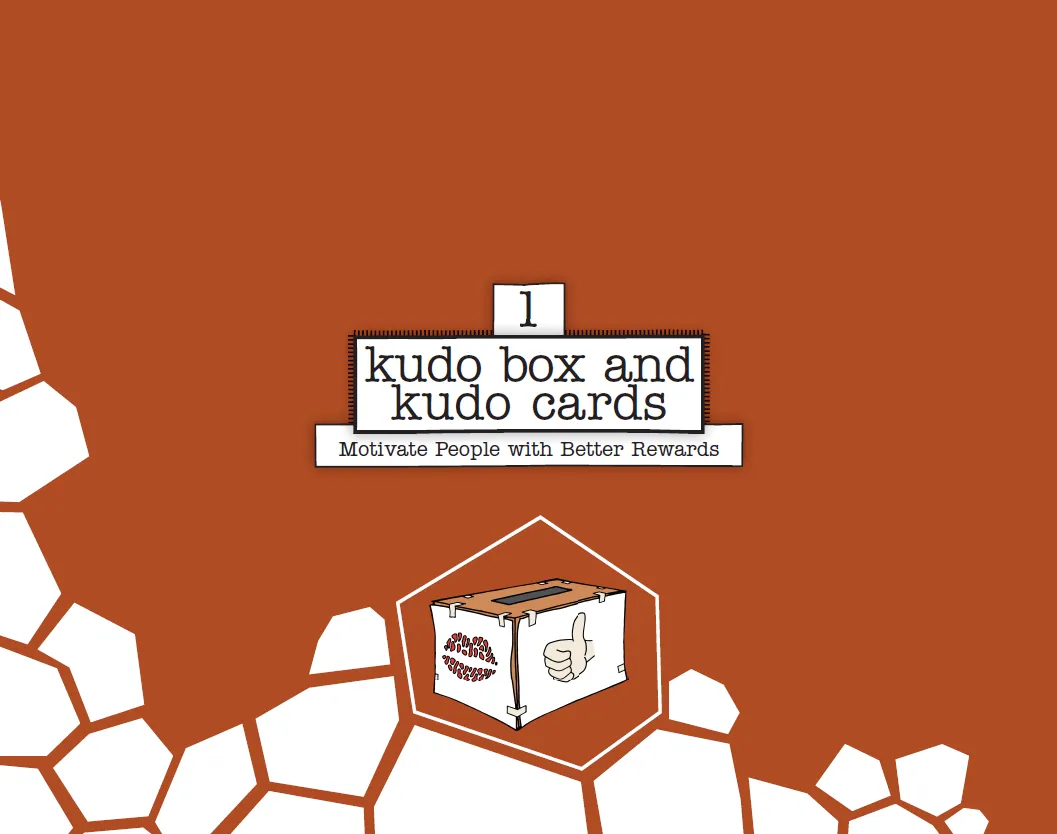
- English
- ePUB (mobile friendly)
- Available on iOS & Android
About this book
A practical handbook for making management great again
Managing for Happiness offers a complete set of practices for more effective management that makes work fun. Work and fun are not polar opposites; they're two sides of the same coin, and making the workplace a pleasant place to be keeps employees motivated and keeps customers coming back for more. It's not about gimmicks or 'perks' that disrupt productivity; it's about finding the passion that drives your business, and making it contagious. This book provides tools, games, and practices that put joy into work, with practical, real-world guidance for empowering workers and delighting customers. These aren't break time exploits or downtime amusements—they're real solutions for common management problems. Define roles and responsibilities, create meaningful team metrics, and replace performance appraisals with something more useful. An organization's culture rests on the back of management, and this book shows you how to create change for the better.
Somewhere along the line, people collectively started thinking that work is work and fun is something you do on the weekends. This book shows you how to transform your organization into a place with enthusiastic Monday mornings.
- Redefine job titles and career paths
- Motivate workers and measure team performance
- Change your organization's culture
- Make management—and work—fun again
Modern organizations expect everyone to be servant leaders and systems thinkers, but nobody explains how. To survive in the 21 st century, companies need to dig past the obvious and find what works. What keeps top talent? What inspires customer loyalty? The answer is great management, which inspires great employees, who then provide a great customer experience. Managing for Happiness is a practical handbook for achieving organizational greatness.
Frequently asked questions
- Essential is ideal for learners and professionals who enjoy exploring a wide range of subjects. Access the Essential Library with 800,000+ trusted titles and best-sellers across business, personal growth, and the humanities. Includes unlimited reading time and Standard Read Aloud voice.
- Complete: Perfect for advanced learners and researchers needing full, unrestricted access. Unlock 1.4M+ books across hundreds of subjects, including academic and specialized titles. The Complete Plan also includes advanced features like Premium Read Aloud and Research Assistant.
Please note we cannot support devices running on iOS 13 and Android 7 or earlier. Learn more about using the app.
Information


Austro-Hungarian author
(1883–1924)
There are many wrong ways to reward employees. A simple but effective approach is to install a kudo box, which enables people to give each other a small reward. The kudo box fulfills the six rules for rewards and works much better than bonuses and other forms of financial motivation.
might be the biggest problem
in free markets.
Extrinsic Motivation

that people stop doing things
just for the joy of the work.
Table of contents
- Cover
- Series Page
- Title Page
- Copyright
- Preface: Better Management for Everyone
- Introduction: What Is Management 3.0?
- Chapter 1: Kudo Box and Kudo Cards: Motivate People with Better Rewards
- Chapter 2: Personal Maps: Improve Communication and Understanding
- Chapter 3: Delegation Boards and Delegation Poker: Empower Workers with Clear Boundaries
- Chapter 4: Value Stories and Culture Books: Define the Culture by Sharing Stories
- Chapter 5: Exploration Days and Internal Crowdfunding: Make Time for Exploration and Self-Education
- Chapter 6: Business Guilds and Corporate Huddles: Share Knowledge, Tools, and Practices
- Chapter 7: Feedback Wraps and Unlimited Vacation: Learn How to Offer Constructive Feedback
- Chapter 8: Metrics Ecosystem and Scoreboard Index: Measure Performance the Right Way
- Chapter 9: Merit Money: Pay People According to Their Merits
- Chapter 10: Moving Motivators: Discover Real Engagement of Workers
- Chapter 11: Happiness Door: Aim for a Happier Organization
- Chapter 12: Yay! Questions and Celebration Grids: Learn from Successes and Failures
- Conclusion: Never Stop Experimenting
- Index
- End User License Agreement